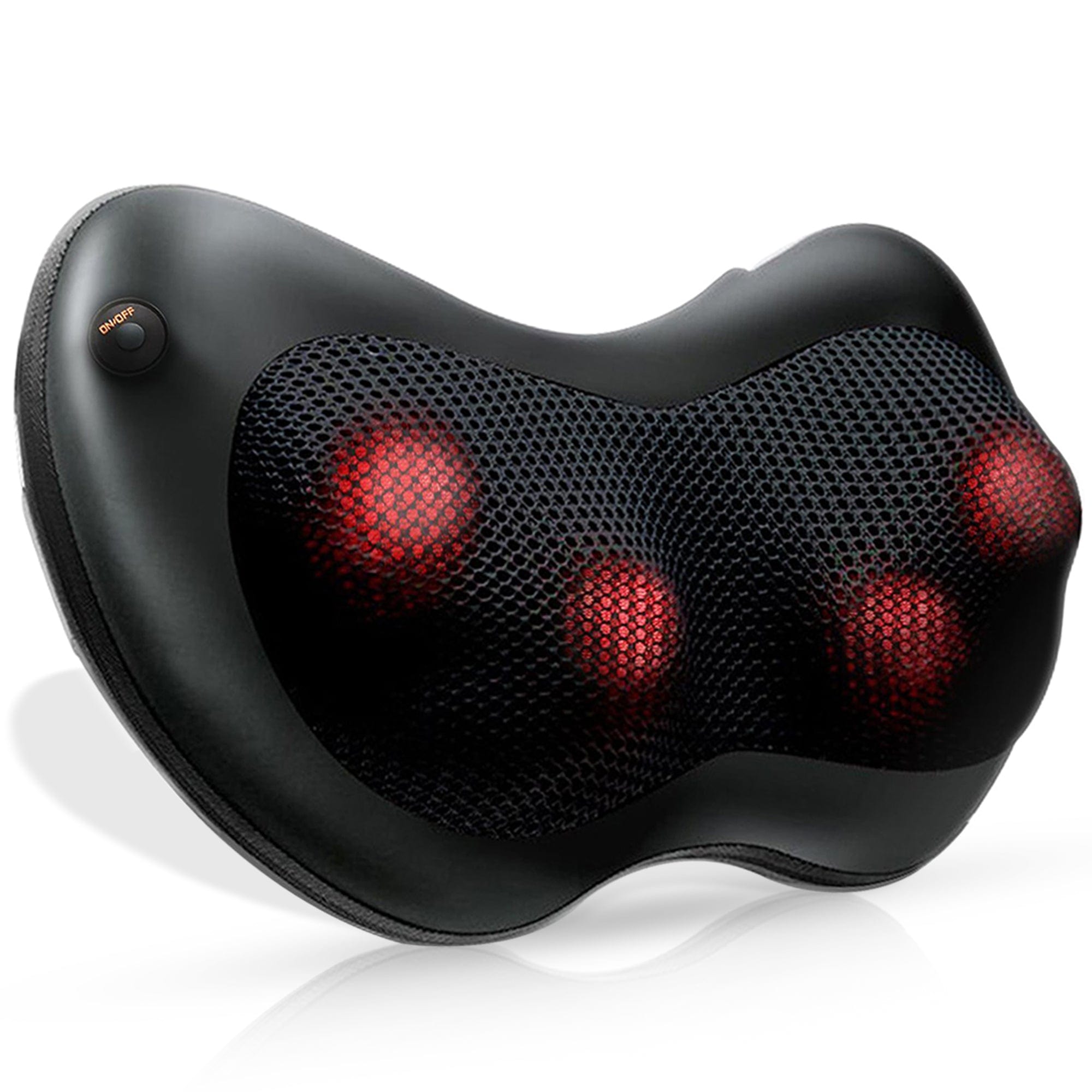In our society, doctors are often regarded as heroes for their selfless dedication to saving lives and providing compassionate care. They play a vital role in society, tirelessly caring for patients and saving lives.

It is crucial to recognize that being a doctor comes with own set of unique challenges, particularly when it comes to their health and well-being. Let us explore why it is essential to prioritize the well-being of doctors and discuss strategies to support them in their journey.
Main Health Challenges of Being a Doctor
Being a doctor is a highly rewarding profession, but it also comes with its share of health challenges. Here are some common health challenges that doctors face:
Long Demanding Work Schedules
Doctors often work long shifts, including overnight shifts, which can disrupt their sleep patterns and lead to sleep deprivation. Irregular work schedules and being on-call can take a toll on a doctor's physical and mental well-being.
High Levels of Stress
The medical profession is inherently stressful. Doctors frequently encounter high-pressure situations, make critical decisions, and handle life-and-death emergencies. The constant pressure and responsibility can contribute to chronic stress, leading to physical and mental health issues.

Emotional Exhaustion and Burnout
Dealing with patient suffering, witnessing traumatic events, and managing difficult medical cases can take an emotional toll on doctors. The accumulation of emotional stress can lead to emotional exhaustion and burnout, affecting their overall well-being.
Occupational Hazards
Doctors are exposed to various occupational hazards, depending on their specialization. For example, surgeons face risks associated with surgical procedures, while infectious disease specialists may be at higher risk of exposure to contagious illnesses. Occupational hazards can pose long-term health risks if proper precautions are not taken.
No Self Care
Doctors often prioritize patient care over their own well-being, neglecting proper nutrition, exercise, and self-care activities. They spend long hours standing or sitting in one place while examining patients, performing procedures, or reviewing medical records. This sedentary lifestyle can contribute to musculoskeletal problems, weight gain, and cardiovascular issues.
Work-Life Imbalance
The demanding nature of the medical profession can make it challenging for doctors to maintain a healthy work-life balance. Long working hours and on-call responsibilities can leave little time for personal relationships, hobbies, and relaxation, leading to stress and strained personal lives.
Why Do Doctors Need To Practice Self-Care
When doctors prioritize their own well-being, they are better equipped to provide high-quality care and make informed decisions for their patients. By practicing self-care, they can inspire their patients and colleagues to prioritize their health, promoting a culture of well-being within the healthcare community. Moreover, maintaining good health ensures that doctors can continue to serve society for years to come, contributing their expertise and experience.
Easy Ways To Practice Self-Care
Maintain Physical & Emotional Well-being
You/doctors need to incorporate regular exercise, maintain a balanced diet, and get sufficient sleep to promote overall well-being. Engage in activities that help manage stress, such as mindfulness, meditation, or pursuing hobbies outside of medicine. Establish boundaries and find ways to balance professional responsibilities with personal life, fostering a healthier and more fulfilling lifestyle.
Strategize For Self-Monitoring
You can certainly benefit from utilizing health monitoring devices for self-care. Leverage these devices to stay aware of their own health status throughout the day. For example-high-stress environments can impact blood pressure levels, but having a reliable blood pressure monitor at hand enables you to monitor own blood pressure regularly and take necessary steps to maintain optimal cardiovascular health.
Devices like smartwatches and fitness trackers which offer a range of features can provide valuable insights into your physical well-being and encourage you to maintain an active lifestyle. These devices come with a range of features, including heart rate monitoring, stress tracking, and reminders for physical activity and lots more.
Relax and Relive Tension
Various stress relief gadgets, such as stress balls, and fidget spinners can provide tactile stimulation and help doctors manage stress levels during breaks or brief moments of relaxation. You/doctors can utilize aromatherapy diffusers to create a calming and relaxing environment. Meditation apps provide guided meditation sessions and breathing exercises that can help doctors manage stress and enhance their mental well-being. To relieve muscle tension and soreness caused by long hours of standing, physically demanding procedures, or poor posture massage guns or electric massagers can be used to unwind and relax after a demanding day.

Ask For Help & Support
Cultivate a strong support system by connecting with peers, mentors, and engaging in professional communities to share experiences and seek guidance. Must seek professional help when you needed, such as counseling or therapy, to address mental health concerns without stigma.

It is crucial for doctors to be aware of their health challenges and take proactive steps to prioritize their own health and well-being. By implementing self-care strategies, seeking support, and maintaining a healthy work-life balance, they can better navigate these challenges and continue to provide optimal care to their patients. Joins hands to provide support to doctors in their journey towards a healthier and more fulfilling professional life, inspiring a positive change in the healthcare community.











